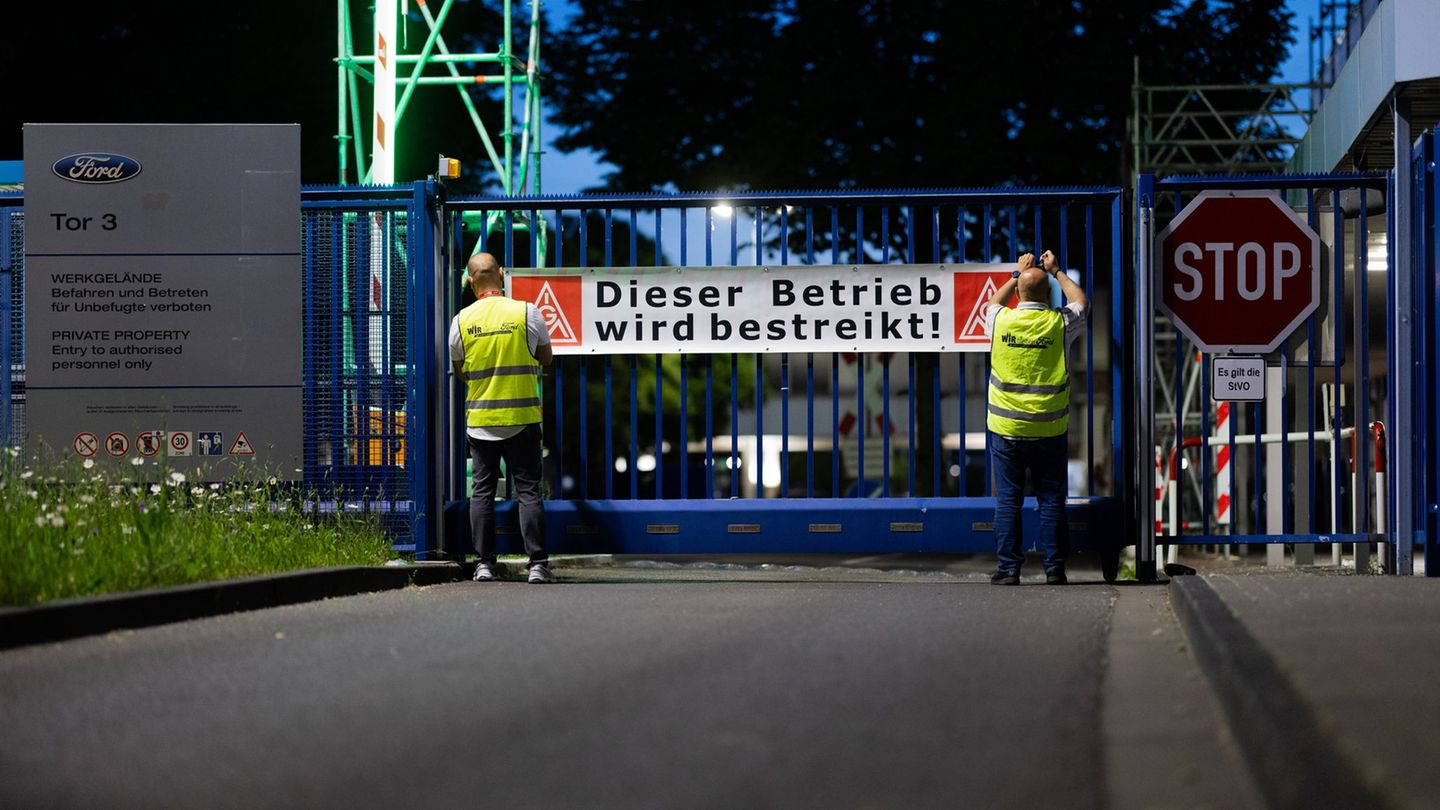Menu
Car manufacturers under pressure: Union is for the first time on the Cologne Ford works
Categories
Most Read
Food and cleaning products climb up to 11% in nearby stores
October 7, 2025
No Comments
The Fed is awarded a second consecutive rate of fees, despite doubts due to the lack of official data
October 7, 2025
No Comments
They estimate that soybean exports will set a record, due to strong Chinese demand
October 7, 2025
No Comments
Prime Day: Here the prices are particularly clear
October 7, 2025
No Comments
Prime Day: These deals are currently particularly in demand
October 7, 2025
No Comments
Latest Posts

Fixed terms give ground and migration towards the dollar and FCIs grows in the run-up to the election
October 7, 2025
No Comments
October 7, 2025 – 20:52 Faced with uncertainty and financial volatility, investors are betting on liquidity and coverage in “hard currency.” Depositphotos Given the financial

They denounce attack on President Daniel Noboa’s caravan amid protests
October 7, 2025
No Comments
October 7, 2025 – 20:34 Protesters threw stones and shot at the president’s vehicles during an event in El Tambo. The government reported an assassination

Food and cleaning products climb up to 11% in nearby stores
October 7, 2025
No Comments
Although October started without major differences, the drag of increases from the last week of September is still felt on shelves and counters. According to
24 Hours Worlds is a comprehensive source of instant world current affairs, offering up-to-the-minute coverage of breaking news and events from around the globe. With a team of experienced journalists and experts on hand 24/7.

